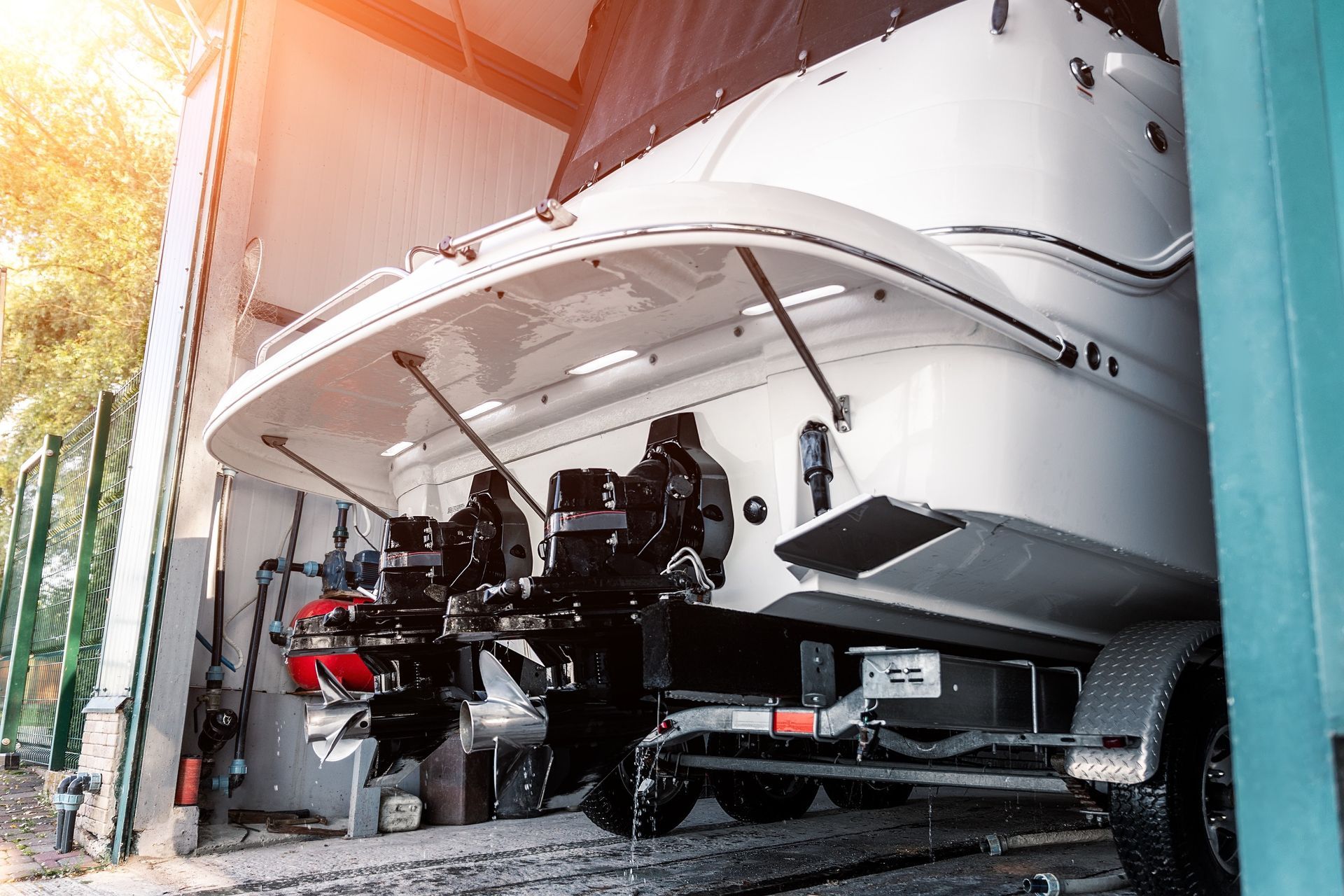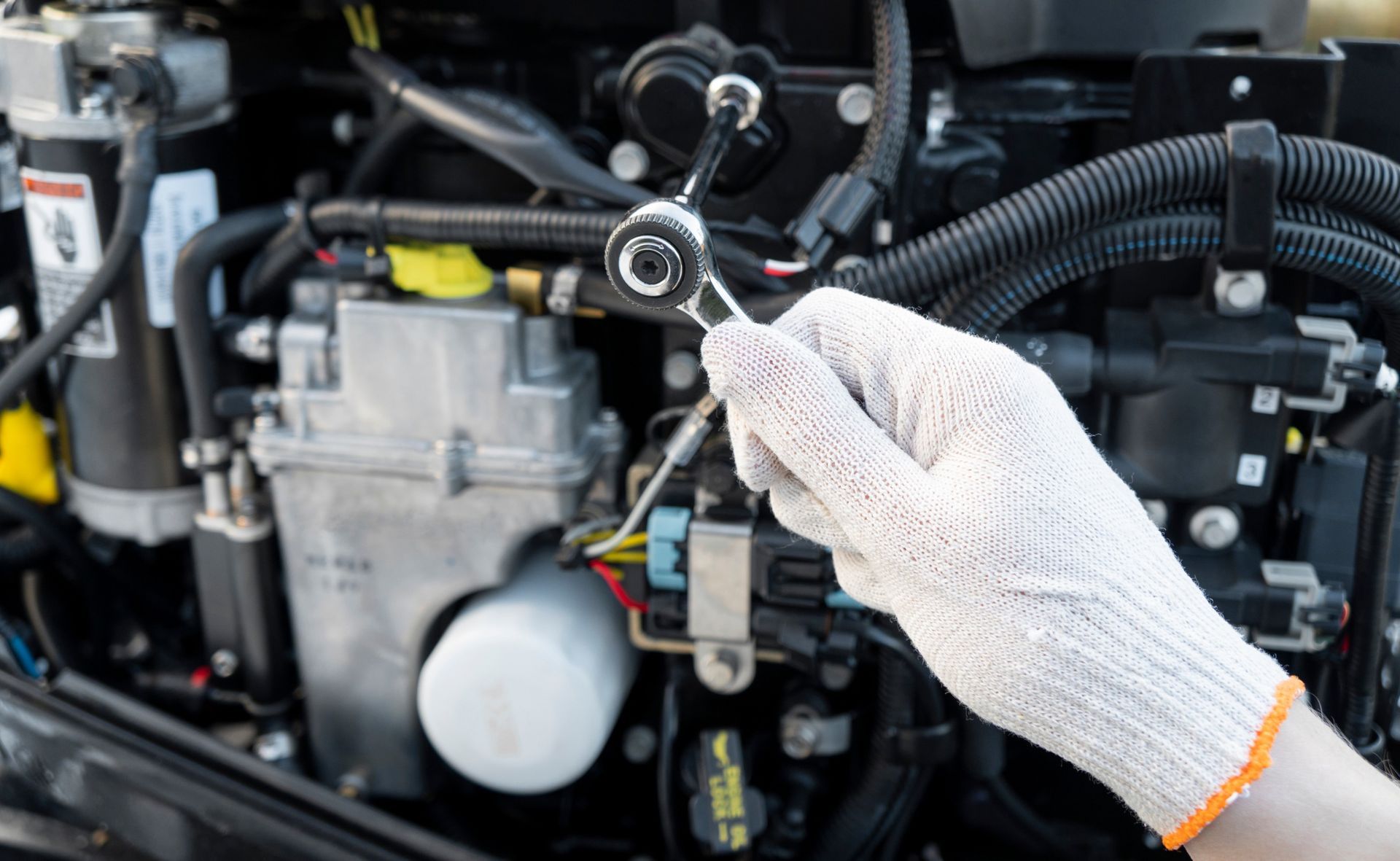The Value of Boat Maintenance
Points to consider in maintaining your investment.
No one likes to spend money when they don’t have to, especially in today’s tough economic times. So when it comes to maintaining your boat and engine the question I get asked most frequently is: “Why do I need to service my engine so often when I don’t have to service my car to the same extent?
Great question!
Although marine engine manufacturers go to great lengths to protect their engines from corrosion with the types of metals and alloys they use in the construction of the engine, along with coatings that are applied to the surfaces to protect them from corrosion, the fact is that most marine engines operate in a harsh, salty environment, and salt by nature is very corrosive.
The corrosion factor is one of the main reasons for regular maintenance. When regular service is not performed corrosion sets in making disassembly very difficult and in some cases makes it impossible to access the engine efficiently, especially when a bolt or other part fuses to the engine. Howe Sound Marine has a policy that all bolts and nuts that have to be removed to service the engine be coated with marine grease or a never-seize compound when they are being reassembled. This prevents corrosion and makes it easy to disassemble for further service work, which saves service costs in the long run.
Another reason for regular maintenance is that marine engines work much harder than automotive engines. For instance, a marine engine is working as hard as a car going up a hill all the time as it pushes the boat through the water. The average automobile engine is revving around 1,200 to 1,500 RPM while cruising on a highway at 90KM to 100KM, whereas a marine engine will be turning 3,200 to 3,400 RPM to keep a power boat on plane at 28 to 30 KM. This requires the engine oil to be changed every 100 hours to protect the internal components.
Keeping the engine properly tuned is also vitally important as the moisture from the marine environment takes its’ toll on ignition components. The distributor caps, rotors, spark plugs and spark plug wires need regular inspection and replacing when necessary, as described in your owner manual under the maintenance section.
Boats with stern drives should also have the drive removed annually to inspect and lubricate the universal joints, gimbal bearings and coupler splines. The universal joint bellows should be checked for damage as a ruptured bellows will allow water into the u-joints causing damage to the u-joints, gimbal bearing and shaft seal surface.
In our experience, one huge example of the effect of cost cutting on maintenance occurred when a customer decided against doing annual maintenance because he only used his boat for a few hours each year. When we were eventually asked to service the engines, the spark plugs were so corroded they broke off in the cylinder heads when attempting to remove them; this required the aft deck being cut open simply to access the engines for repair! In the end, that decision cost him about $30,000.00. There’s a lot more to this story, but this tells the tale we hope. It’s still a head shaker of a story from our point of view.
Each engine comes with an operators’ manual which outlines the regular maintenance requirements. Following the guidelines will save a lot of costly repairs (also, the frustration of having to do repairs in the middle of a summer holiday could be avoided with proper maintenance). Further, if the engine is under warranty, failure to comply with the manufacturers maintenance guidelines will void the warranty. Unfortunately, we see this happen too frequently.
This discussion could go on for a while, but hopefully the point has been made. Understanding the environment a boat operates in is very important in understanding maintenance requirements, and proper maintenance of a boat and engine is very important for smooth running of the equipment and for the ultimate enjoyment of the ocean.
Happy Boating!
Give us a call us today for more information at
(604) 921-7124. We’d be happy to talk with you.
Contact Us
Questions on our Services or Products? Get in Touch
USEFUL LINKS
SEARCH
SUBSCRIBE FOR UPDATES
You need a helping hand with your project?
We will get back to you as soon as possible
Please try again later
USEFUL LINKS
SEARCH
SUBSCRIBE FOR UPDATES
You need a helping hand with your project?
We will get back to you as soon as possible
Please try again later
All Rights Reserved | Howe Sound Marine
Privacy Policy
All Rights Reserved | Howe Sound Marine | Privacy Policy



